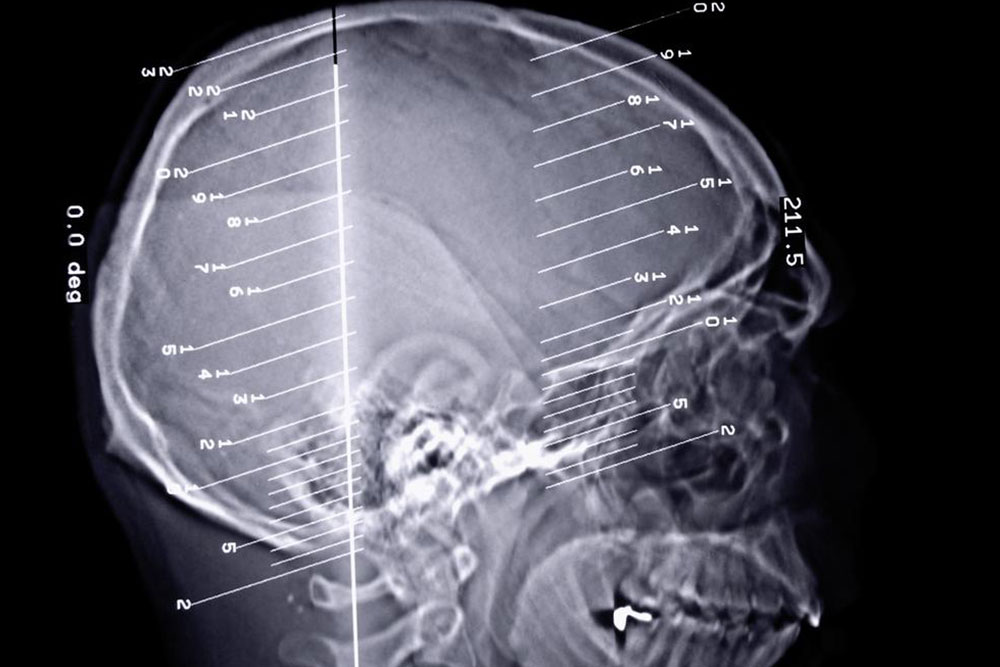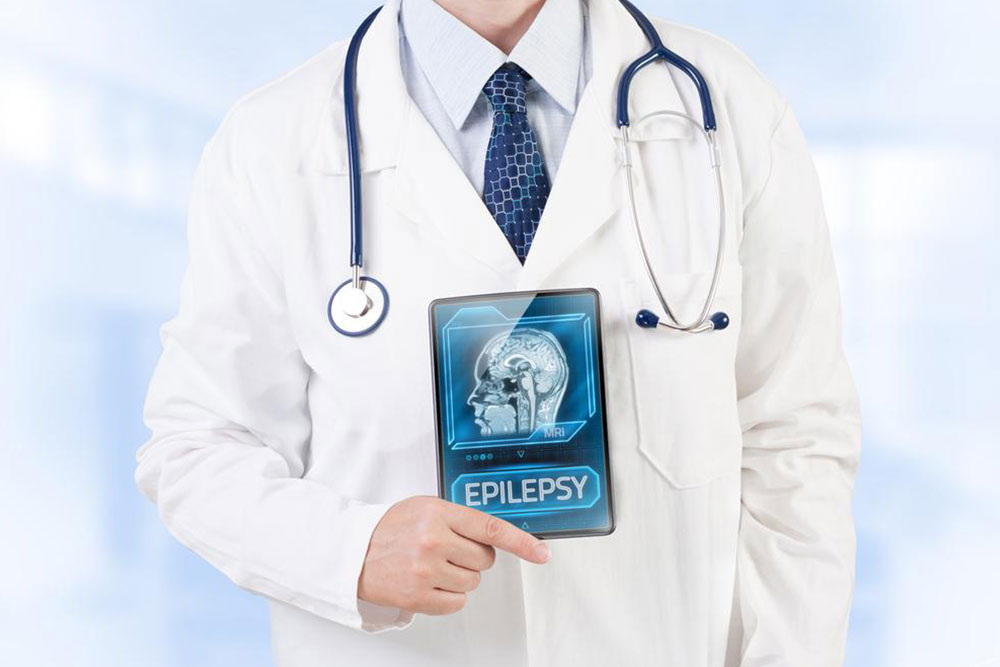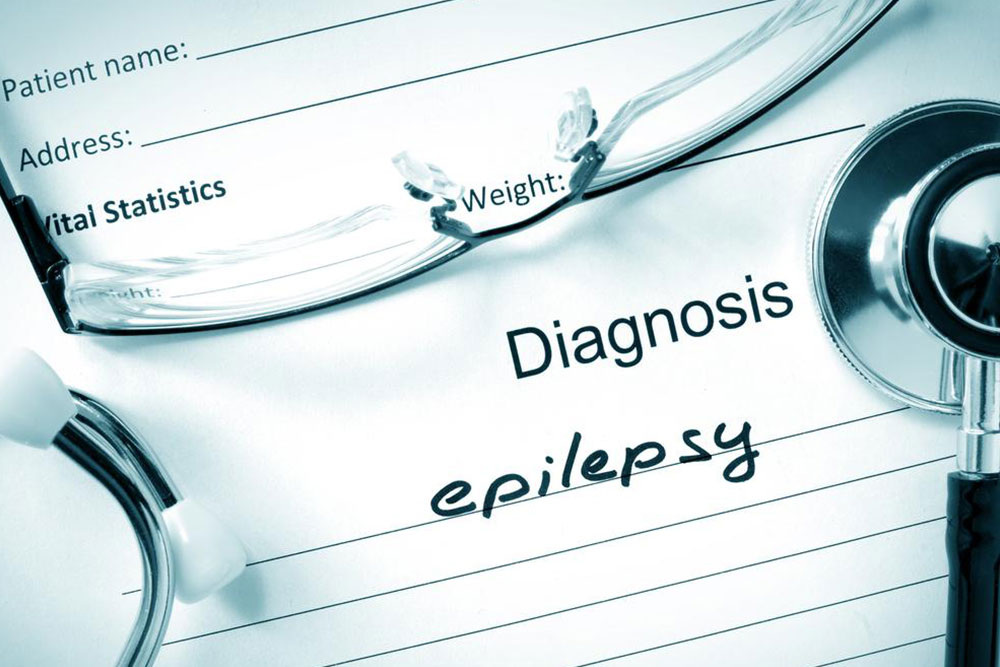Comprehensive Overview of Epilepsy: Health Risks and Lifestyle Management
Epilepsy is a neurological disorder that affects millions worldwide, presenting health risks such as accidents, pregnancy complications, mental health issues, and injuries. Effective management through safety precautions, medication, and lifestyle adjustments is crucial for improving quality of life and reducing risks associated with seizures. This comprehensive article explores the various challenges faced by individuals with epilepsy and offers insights into maintaining safety and enhancing well-being.

Understanding the Health Risks and Lifestyle Challenges of Epilepsy
Epilepsy is a complex neurological disorder that significantly impacts individuals' health and daily lives. Characterized by abnormal electrical activity in the brain, this condition often manifests through recurrent seizures of varying severity. These seizures can disrupt normal bodily functions, leading to a range of health complications and lifestyle challenges. Recognizing these risks is essential for effective management, safety planning, and improving the quality of life for those affected.
Seizures associated with epilepsy can cause numerous issues, including accidents, pregnancy-related health risks, mental health problems, and physical injuries. Implementing proper safety measures, medication compliance, and lifestyle adjustments can substantially reduce these risks and help individuals lead safer, more fulfilling lives.
Accidents and Safety Risks – During a seizure, individuals, especially if they are driving or operating machinery, can lose control, which may lead to accidents causing injuries to themselves or others. It's highly recommended that individuals with unpredictable seizures refrain from driving or operating heavy machinery. Many regions enforce strict regulations preventing individuals with active seizure conditions from driving until they achieve seizure control or medical clearance. Safety-proofing the living environment—such as installing cushioned flooring, removing sharp objects, and using safety locks—can also help prevent injuries during unexpected seizures.
Pregnancy Considerations – Women with epilepsy face increased risks during pregnancy, impacting both maternal and fetal health. Seizures can cause trauma or complications, and some antiepileptic medications may have teratogenic effects, leading to birth defects. However, with thorough prenatal care and medication adjustments under a neurologist or obstetrician’s supervision, many women with epilepsy have healthy pregnancies and deliveries. Preconception counseling and careful planning are vital to minimize risks.
Mental Health Challenges – Living with epilepsy can be emotionally taxing, often leading to psychological issues such as depression, anxiety, and social isolation. The unpredictability of seizures and side effects of medications may exacerbate feelings of frustration or helplessness. Support groups, counseling, and mental health services can play a crucial role in promoting emotional well-being and fostering social connections.
Risk of Injury – Seizures can cause sudden falls, head injuries, fractures, or cuts, especially if consciousness is lost or if the seizure occurs during physical activity. Ensuring a safe environment and using protective gear when necessary can mitigate injuries. Additionally, training caregivers and family members on seizure first aid is critical for managing emergencies effectively.
Sudden Unexpected Death in Epilepsy (SUDEP) – Although rare, some individuals with epilepsy are at risk of sudden, unexplained death, often linked to cardiovascular or respiratory dysfunction during or after seizures. Nonetheless, maintaining consistent medication adherence, regular medical follow-up, and seizure control significantly reduce this risk. Education about SUDEP and adopting safety strategies are essential components of comprehensive epilepsy management.
In conclusion, epilepsy presents various health and lifestyle challenges that require a multidisciplinary approach encompassing medical treatment, safety precautions, and psychological support. Awareness and proactive management can greatly enhance safety, reduce risks, and improve quality of life for individuals living with epilepsy. Ongoing research and advancements in treatment are providing hope for better outcomes and fewer limitations for those affected by this neurological condition.




